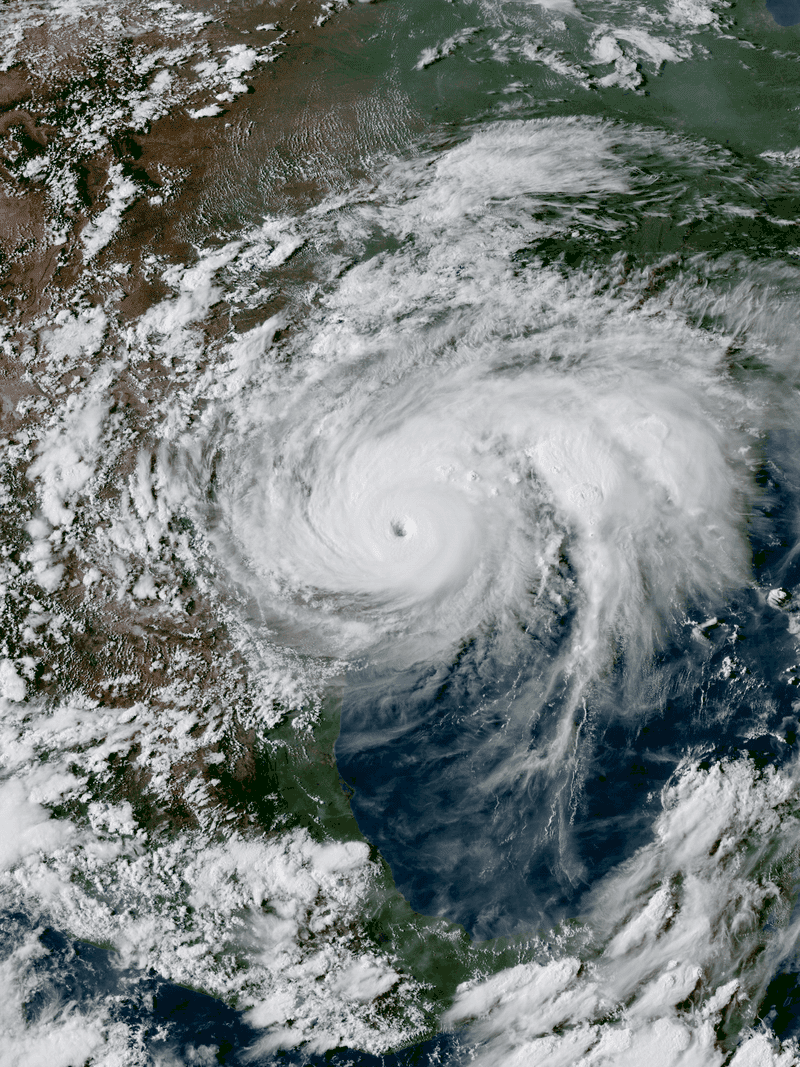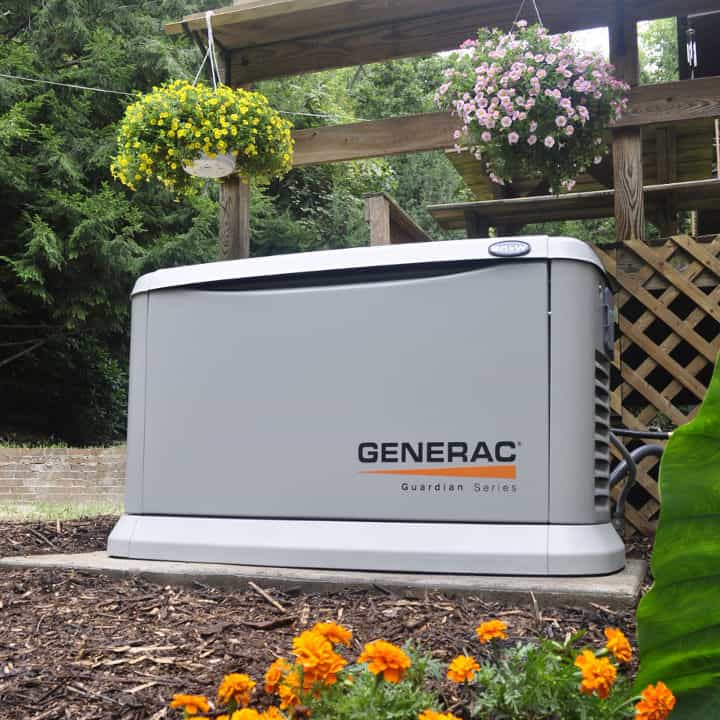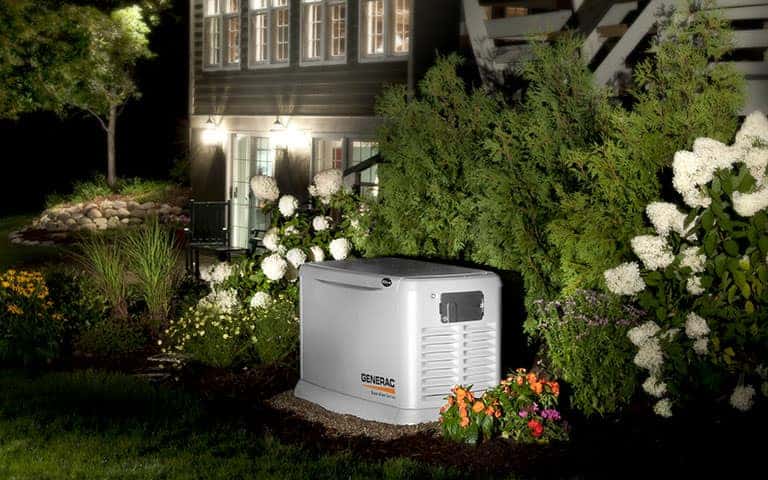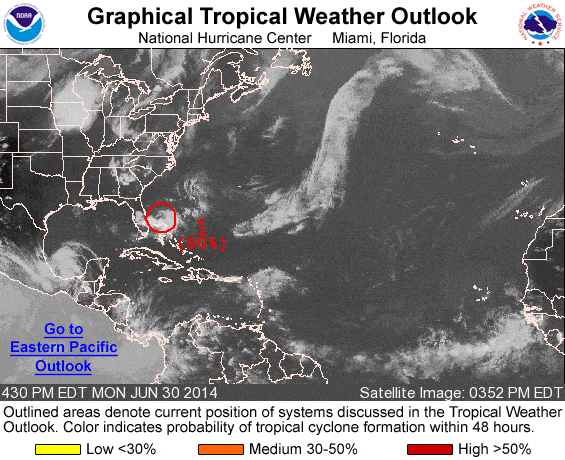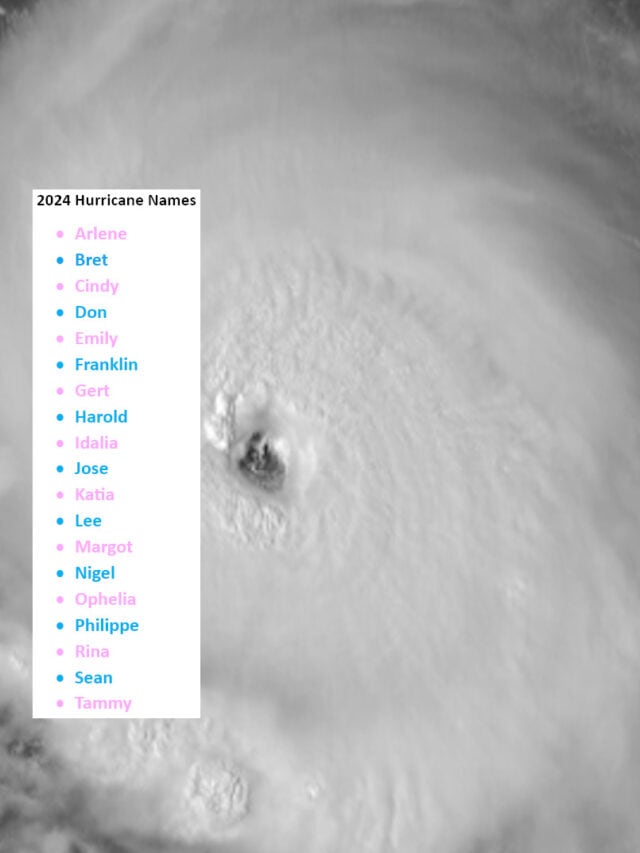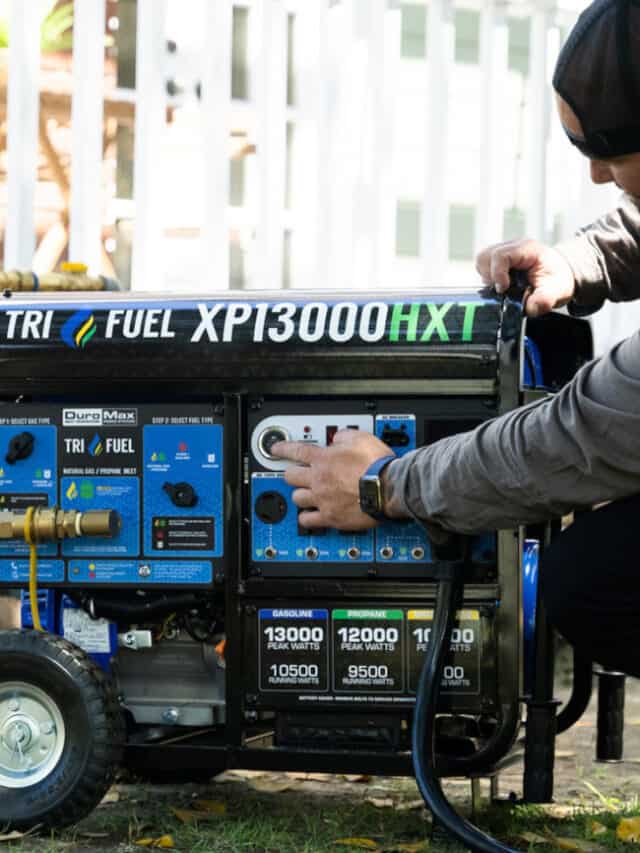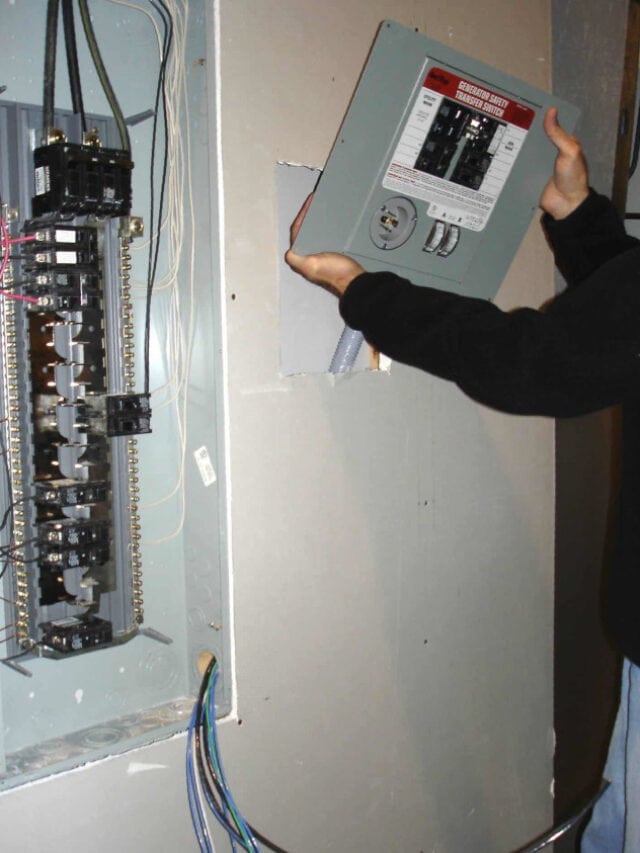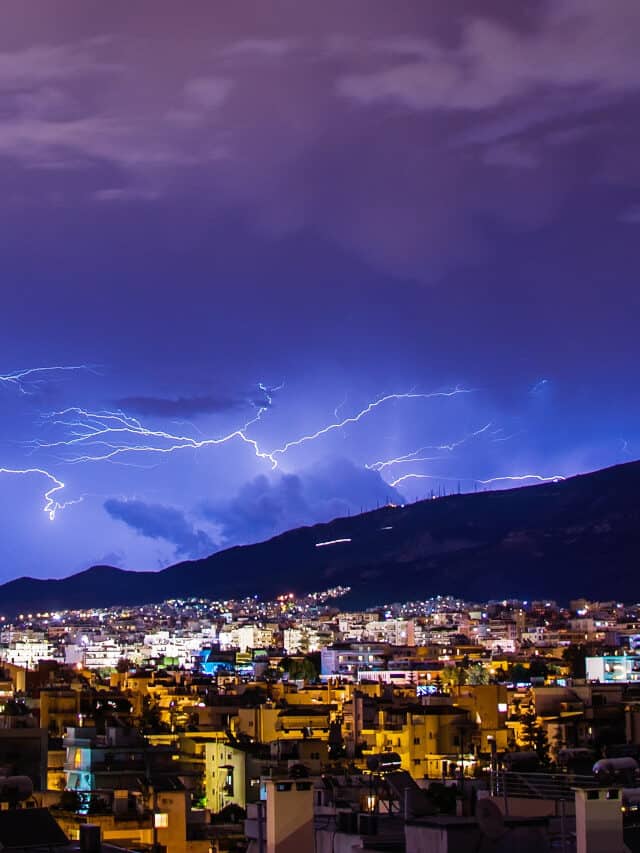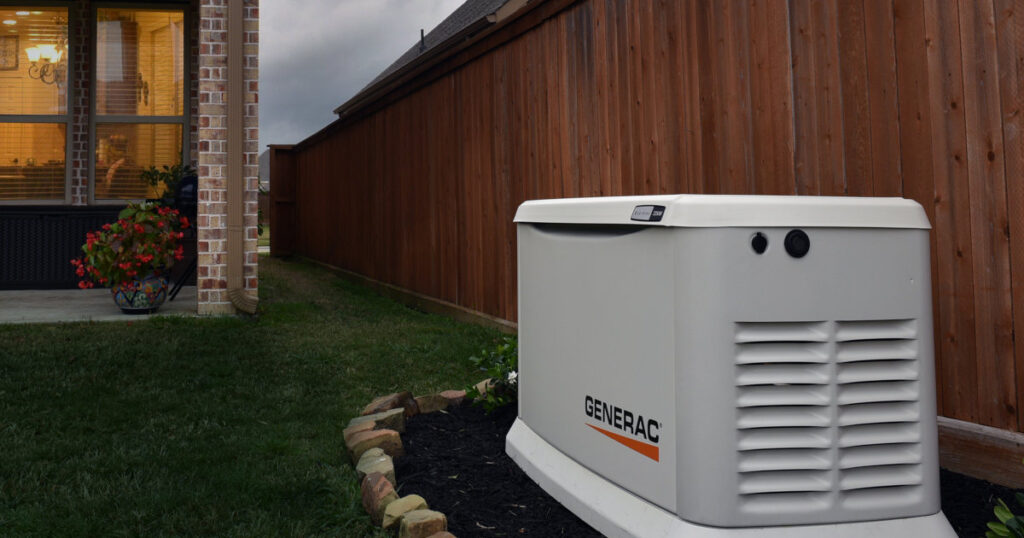An estimated 5.1 million homes and businesses are still without power from North Carolina to Maine. Local utility companies can’t make any promises, but say that while it could take days to restore power in more accessible areas, it could take a few weeks before they get power up and running in many of the harder-hit, and more remote areas. For those people who have never been without power for an extended period of time, can you imagine going weeks without electricity? No lights. No refrigeration. No air conditioning, etc. Unfortunately for many, this is just another hurricane to survive.
In today’s modern world, electricity is a basic necessity and is critical for safety, comfort, and convenience. The widespread use of electronics, information and communications technology for work and entertainment in recent years has furthered our dependency on electricity. Residential and business users are increasingly investing in standby or back-up power generators to provide electricity during events such as this.
Keeping as protected and comfortable as possible during this unforeseeable time is of the utmost importance. This entails being prepared, prepared, prepared. Preparation includes but is not limited to:
- Knowing your evacuation zone: Plan to relocate if you are in an evacuation zone or if you live in a mobile home.
- Insurance: Ensure there is adequate insurance for all vehicles, personal property and real estate. If you rent or lease an apartment make sure to have renters insurance.
- Identify your risk of flood damage: If your home is at risk of flooding call your insurance company to review their flood policies. Many insurance companies require extra coverage for this.
- Create a family household disaster plan: In case the family gets separated have an out-of-town relative that you can call or a place to go where each person can get shelter and safety. It is also smart to have a backup plan in case plan A does wrong.
- Let others know of your whereabouts and plans.
- Arrange for the safety and comfort of your pets.
- Monitor local news stations, radio and online reports for hurricane updates.
Prepare a hurricane ready kit: Prepare yourself to be without food and water for a minimum of 3 days or longer. A few things you will need are: canned and non-perishable foods, 1 gallon of water per day per person for 3-7 days, cooking tools, camp stove and fuel, lantern, candles, lighters and matches, flashlights and batteries, cell phones, cooler with ice, baby necessities and special health-related items, elderly items, toiletries, tape, valuable documents, ID and records, games for children, blankets, towels, clothing and a first aid kit, keys, garbage bags, pet items, a fire extinguisher, chain saw, as well as gas and oil. Plywood and nails, rope and small tools. Please be aware that this is a general list.
Purchase a standby or portable generator – Invest in a standby generator for long term safety, reliability and power during uncertain times. For short term use and emergency situations take a look at purchasing a portable generator for your electrical needs.
While there are currently no warning reports in effect, the National Hurricane Centre has said that “Tropical Storm Katia is likely to become a hurricane later today”. She is moving west-northwest at 21mph and is currently about 1,100 miles west of Cape Verde Islands. Area dwellers are prompted to start preparing if they are not already prepared.

